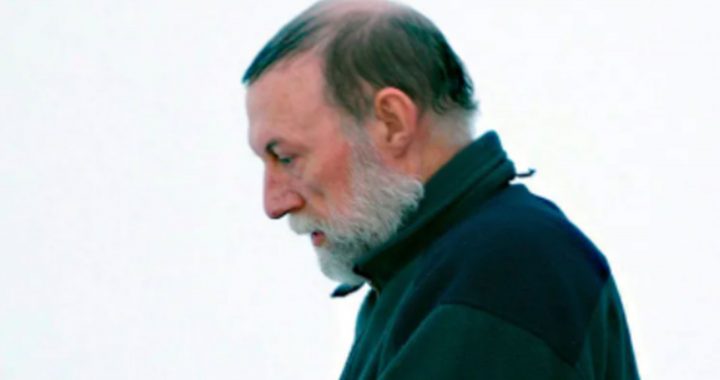(New Clerk of the Privy Council Michael Wernick was involved in government efforts to battle Cindy Blackstock and her human rights complaint. APTN/file)
APTN National News
OTTAWA—Indigenous Affairs Minister Carolyn Bennett defended the appointment of former long-time Indigenous Affairs deputy minister Michael Wernick as the top bureaucrat in the federal government.
Bennett said Wernick, who is now Clerk of the Privy Council, was doing the bidding of the previous Stephen Harper government when he was involved in a long battle against a human rights complaint launched by Cindy Blackstock, the executive director of the First Nation Child and Family Caring Society.
“The public service in this country’s primary goal is loyal implementation,” said Bennett, during question period Wednesday. “There is a new government here and the Clerk of the Privy Council is empowered to deliver the work we have promised in the past election and he will do it.”
Bennett was responding to a question from NDP MP Charlie Angus who challenged the Liberals over Wernick’s appointment.
“For reconciliation to be real, action should be louder than words,” said Angus. “So what kind of message is the prime minister sending to Indigenous families by appointing Mr. Wernick to oversee the entire civil service?”
The Canadian Human Rights Tribunal sided with Blackstock and the Assembly of First Nations Tuesday in a ruling that blasted the federal government for discriminating against First Nation children by underfunding child welfare agencies on-reserve.
Blackstock launched the human rights complaint in 2007 because Ottawa refused to implement any of the changes recommended to it by a number of joint reports that involved federal officials.
Wernick become deputy minister for then-named Indian Affairs in 2006 and held the position until 2014.
Blackstock faced documented retaliation from the then-named Aboriginal affairs minister’s office and was spied on by federal bureaucrats. Wernick was involved with an internal investigation that absolved the department of spying on Blackstock, but the claims were later substantiated by the federal Privacy Commissioner.
Indigenous Affairs also fought to have Blackstock’s human rights complaint thrown out and took the issue to the Federal Court of Canada and the Federal Court of Appeal, losing at both levels.
The federal department was also caught sitting on 100,000 documents it had failed to disclose as part of the case.
Wernick was deputy minister of the department throughout the majority of these events.
@APTNNews











“The public service in this country’s primary goal is loyal implementation,”: but an honourable man – when asked to do unconscionable things – chooses not to do them – chooses to resign. How can the head of the public service be an example of good citizenship – and duty – when he will do anything, no matter how reprehensible, that the government asks? How can he be given the public trust?